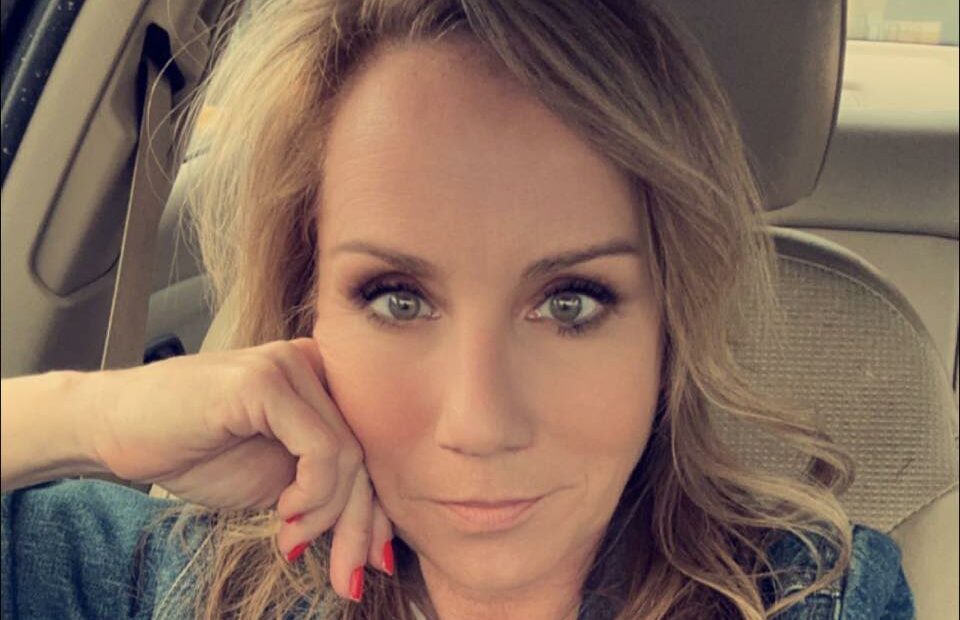Debt fairness and the “right to tell my story”

In legislative testimony and in front of a packed news conference, our client Amy Lemer described how her husband harassed and chastised her. “He told me I would be homeless, penniless and childless by the time he was done with me.” She says the day he told her he bought a gun, she decided it was time to leave.
Amy packed up her young boys and fled. But she didn’t escape harassment. Soon after, a torrent of calls from creditors and a custody battle for her children ensued. It was clear to her the threats were real when she was notified a portion of her child support would be garnished as well as her wages, depriving her of 25% of her paycheck.
She wasn’t homeless, but her financial outlook was not good. Holding back tears, she says, “Our gas was shut off and I considered not eating so my sons could eat.” When she was at her lowest, it was her workplace HR representative who began asking questions about her garnishment. After listening to her, both the rep and her supervisor urged her to “fight this.”
“I searched pro bono and legal aid, online.” That’s when Mid-Minnesota Legal Aid Consumer Attorney Andrew Knox entered the picture. “He asked me questions no one had asked before. He wanted to know if I was getting any kind of assistance.” It turned out she was.
Andrew advised Amy, “The law says, if a person receives a benefit based on need, their income is exempt from garnishment.” With Andrew on her side she was able to recoup all the earnings that had been garnished, $11,000.
“I would tell anyone in my situation to look for resources and ask for help. I didn’t know I had these resources (a domestic violence advocate or someone like Andrew) until others urged me to find help.” Those are words she stands by and words she spoke for all the world to hear during the 2024 legislative session at a hearing and in a news conference about the Debt Fairness Act.
“I still can’t believe I did that! It was nerve-wracking, terrifying, but I would do it again. Having Governor Walz behind me as I spoke…well it made me realize I have the right to tell my story. And it helped me take my power back.” Amy says she can’t fathom what the Debt Fairness Act would have meant for her if it had been in place earlier.
For anyone wanting to know how it can help them, come to the Debt Fairness Clinic hosted by the Attorney General’s Office, Saturday, Oct. 5, 10 a.m. – 5 p.m. at NorthPoint Health Conference Center.
Or ask for help from your nearest justice organization: Mid-Minnesota Legal Aid, Southern Minnesota Regional Legal Services, Cancer Legal Care, Volunteer Lawyers Network and the Minnesota Attorney General’s Office.

